Michelle Obama Amidst National Crisis: Our Foundation Has Been Shaken
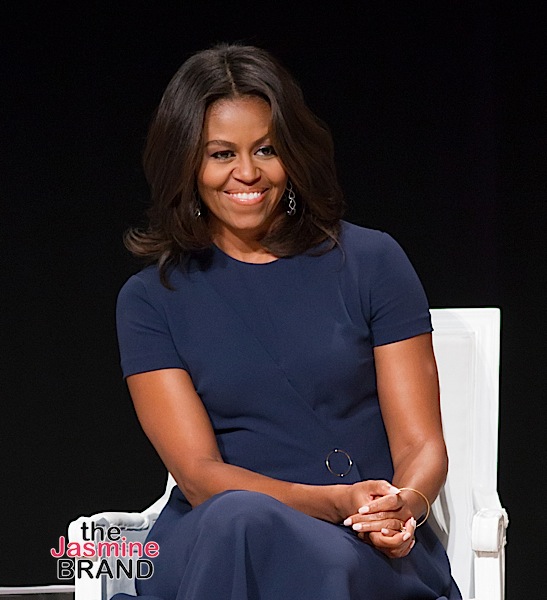
Michelle Obama
Michelle Obama Amidst National Crisis: Our Foundation Has Been Shaken
Last month Michelle Obama released her 90-minute documentary “Becoming,” on Netflix as the follow up to her 34-city book tour, which launched in her hometown, Chicago, with Oprah Winfrey.
In the documentary, she said that she didn’t understand the people who voted for Trump,
“I understand the people who voted for Trump. The people who didn’t vote at all, the young people, the women, that’s when you think, man, people think this is a game. It wasn’t just in this election. Every midterm. Every time Barack didn’t get the Congress he needed, that was because our folks didn’t show up. After all that work, they just couldn’t be bothered to vote at all. That’s my trauma.”
Now, the former First Lady has sat down with famed TV producer Shonda Rhimes and spoke on the current state of the world after the deaths of Ahmaud Arbery, Breonna Taylor, and George Floyd, all while the country faces a pandemic.
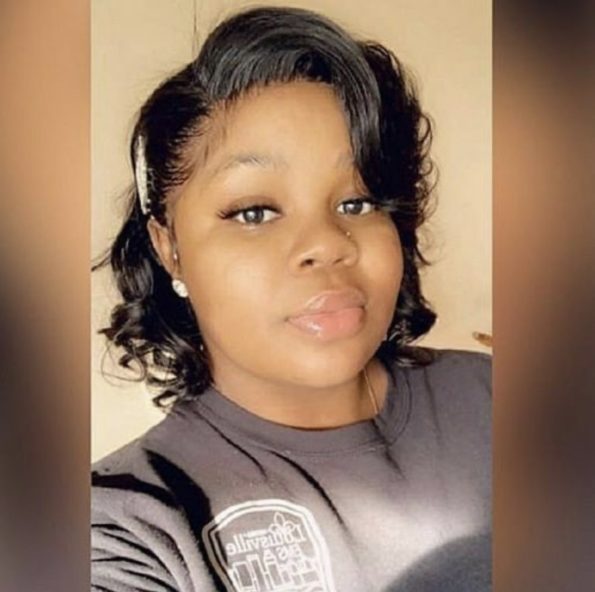
Breonna Taylor
With everything that’s gone on over these past few months, I know a lot of folks out there have been confused, or scared, or angry, or just plain overwhelmed. And I’ve got to be honest, I count myself among them. I think we’ve all been there. Our foundation has been shaken—not just by a pandemic that stole more than 100,000 of our loved ones and sent tens of millions into unemployment, but also by the rumbling of the age-old fault lines of race, class, and power that our country was built on.
She continued,
The heartache and frustration that boiled over after the losses of George Floyd, Breonna Taylor, Ahmaud Arbery, and so many others has caused a lot of us to grapple with the very essence of who we are—the kind of people we want to be. But even in that, I find hope. I think a lot about the younger generation growing up right now, about how they’re seeing just how fragile even the best-laid plans can be. In this tumultuous period, they’ve been learning something that often took previous generations years, or decades, to understand: that life can be unfair. It can be unjust. And more than anything is always uncertain. But if you live by foundational truths—like honesty, compassion, decency—and if you channel your frustration into our democracy with your vote and your voice, you can find your true north even in times of crisis.
She added that despite what’s going on, she has hope in the younger generation.
Because of all this upheaval, this generation is learning those lessons faster than folks our age did. They’re learning it together and making their voices heard. And I couldn’t be more inspired by so much of what I’ve seen. So even while there’s a lot of pain out there, and that pain is very real, that’s something that gives me hope—the hope that this generation will not only learn these lessons earlier than ours ever did, but apply them in ways that we never could. But also let me be clear: Making progress on these issues isn’t just on the shoulders of young people. It isn’t just on people of color. It’s up to all of us, no matter what we look like or where we come from. We’ve all got to do the honest, uncomfortable work of rooting out racism and fighting for real justice. It starts with self-examination and listening to those whose lives are different from our own. I hope we all have the strength to take that first step.
You know, some folks don’t see the impact of their vote on their day-to-day lives—if the trains still run, the kids are still going to school, and they still have a job, what difference does one vote really make, right? When you get whole families thinking like that, whole communities, then you start to see how the impact multiplies. But the pandemic has pulled the curtain back on that line of thinking. It showed us just how important it is to have competent leaders in office—leaders who prioritize their citizens’ well-being over their own poll numbers. We have all sorts of examples right now of that leadership in action and its effect on our daily lives. So every single person out there needs to ask themselves, do they trust the folks in charge to make the right call? Whether it’s school boards or statehouses or those in Washington—are my neighborhood’s interests being represented, or are they being ignored? They’re questions we should be asking every year, in every election, and at every level of government. Because when a crisis hits, there are no do-overs.
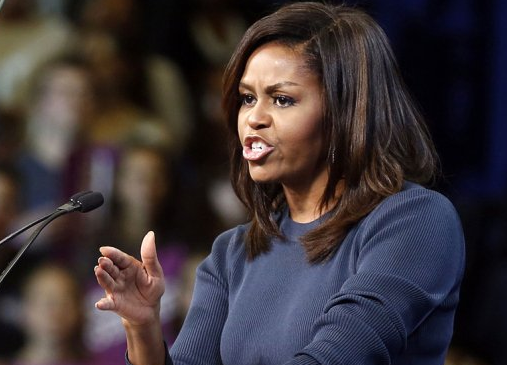
Michelle Obama
Voting is so much bigger than one election, one party, or one candidate. It’s great to feel inspired by candidates and the visions they put forth, but it is by no means a prerequisite to casting a ballot. Because at the end of the day, someone is going to be making the decisions about how much money your schools get and how tax money is distributed. Voting gives you a say in those matters. It can also be your way of saying that you care about your community and the people in it, that you are going to keep showing up and making your voice heard, even when the candidates don’t set your heart on fire. Because if you wait for that to happen, you might be waiting a long time. And meanwhile, the world moves on without you. But when we all vote, in all elections, we get the kind of responsive leadership that speaks for our families and our communities.
Nobody should have to choose between their health and making their voice heard. We all deserve safe ways to register and vote, which is why my nonpartisan “When We All Vote” initiative is working overtime to ramp up efforts to expand access to vote by mail, early in-person voting, and online voter registration. People shouldn’t have to endanger themselves or their families to participate in our democracy, especially when the public health risks can be so easily avoided and an election can still run smoothly and fairly. And as we’ve seen for years, options like voting by mail and early in-person voting help make voting easier for Americans of all walks of life.
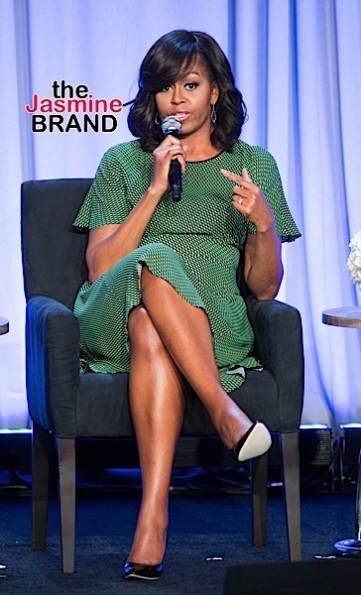
Michelle Obama
She ended by sharing her thoughts on women of color holding political positions.
First, I want to say: Women have always led. Even when they’ve been denied official positions of power, they’ve still done the work of keeping our communities together and fighting for a better future for our children. But it does feel exciting and different that so many women, especially women of color, are running and taking their rightful places in government. A democracy should actually look like the country it represents, and the women who have been stepping up to lead are doing so much to help bring us closer to that ideal. And the consequences of all this can’t be undersold. When you have a wider range of lived experience at the table when decisions are being made, you get better decisions—decisions that take a wider range of people into account. And that, in the end, is good for everybody.
What are your thoughts Michelle Obama’s remarks? Let us know in the comments!


 Previous Article
Previous Article Next Article
Next Article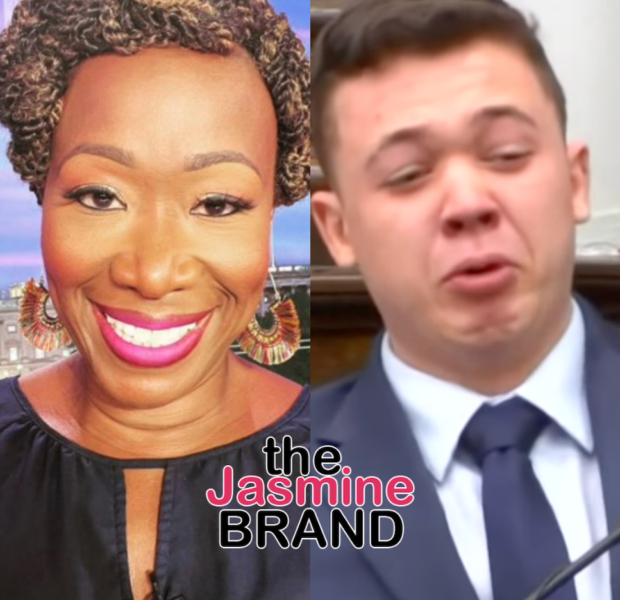 Joy Reid Accused Of Racism Over ‘White Male Tears’ Comment Amid Kyle Rittenhouse Trial In Viral Video
Joy Reid Accused Of Racism Over ‘White Male Tears’ Comment Amid Kyle Rittenhouse Trial In Viral Video ![Donald Trump Calls Don Lemon The Dumbest Man On TV For Criticizing Him [VIDEO]](https://thejasminebrand.com/wp-content/uploads/2019/05/unnamed-8-620x600.jpg) Donald Trump Calls Don Lemon The Dumbest Man On TV For Criticizing Him [VIDEO]
Donald Trump Calls Don Lemon The Dumbest Man On TV For Criticizing Him [VIDEO] 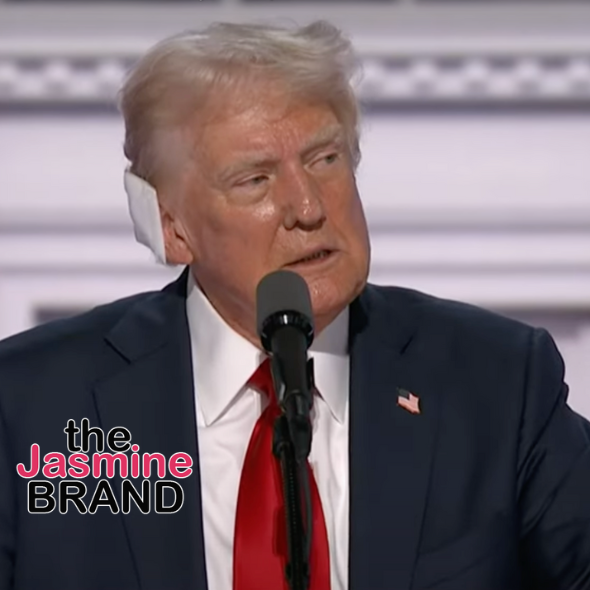 Trump Still Eligible To Vote For Himself, Despite Rules Blocking Most Felons From Voting
Trump Still Eligible To Vote For Himself, Despite Rules Blocking Most Felons From Voting 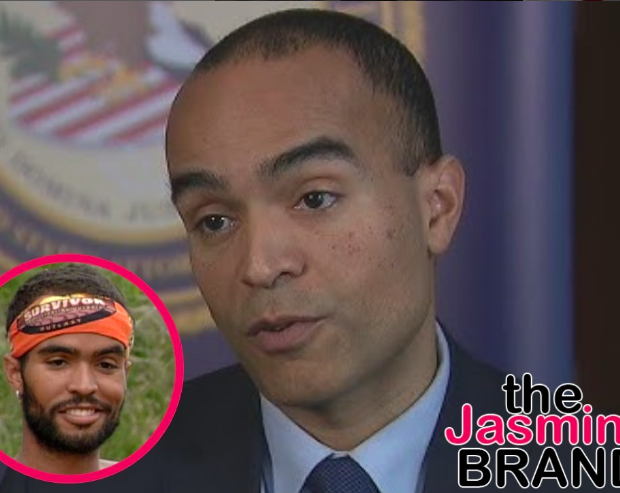 Former ‘Survivor’ Star Nick Brown Becomes First Black Person Elected Attorney General In Washington
Former ‘Survivor’ Star Nick Brown Becomes First Black Person Elected Attorney General In Washington  Elon Musk Will Reverse Donald Trump’s Permanent Twitter Ban If His Purchase Deal Goes Through
Elon Musk Will Reverse Donald Trump’s Permanent Twitter Ban If His Purchase Deal Goes Through 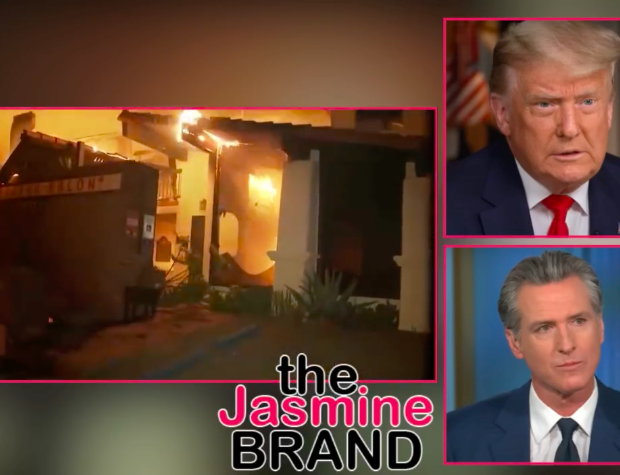 Donald Trump Blasts California Governor Gavin Newsom Over L.A. Wildfires: ‘He Is To Blame For This’
Donald Trump Blasts California Governor Gavin Newsom Over L.A. Wildfires: ‘He Is To Blame For This’ 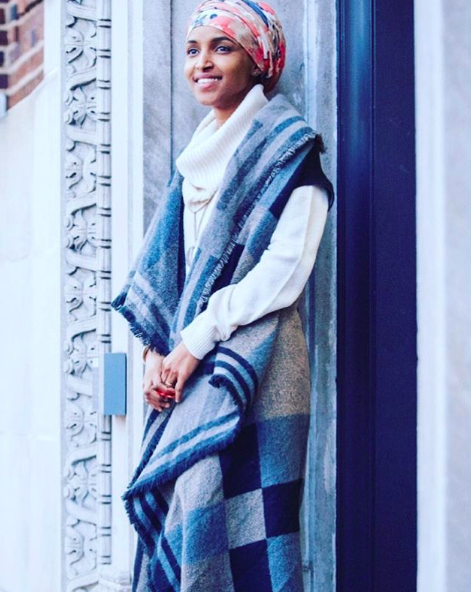 Rep. Ilhan Omar Accused Of Stealing Woman’s Husband, Files For Divorce While – Omar Denies Infidelity
Rep. Ilhan Omar Accused Of Stealing Woman’s Husband, Files For Divorce While – Omar Denies Infidelity  Donald Trump Speaks On ‘Scum That Spent The Last Four Years Trying To Destroy Our Country’ In Memorial Day Post
Donald Trump Speaks On ‘Scum That Spent The Last Four Years Trying To Destroy Our Country’ In Memorial Day Post